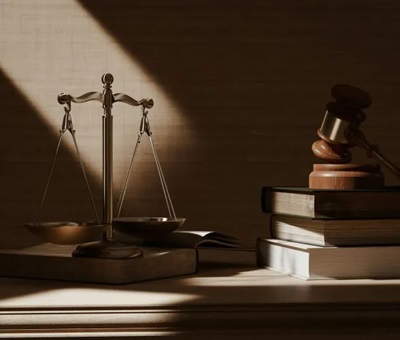The Uniform Code of Military Justice (UCMJ) sets the foundation for discipline and order within the U.S. Armed Forces. One of its most important provisions is UCMJ Article 91, which addresses the willful disobedience, insubordination, or disrespect toward warrant officers, noncommissioned officers (NCOs), or petty officers. Maintaining respect for authority is essential to military effectiveness, and violations under UCMJ Article 91 are treated with seriousness because they threaten the integrity and structure of the chain of command.
What is UCMJ Article 91?
UCMJ Article 91 prohibits service members from:
- Striking or assaulting a warrant officer, NCO, or petty officer while that officer is performing official duties.
- Willfully disobeying a lawful order given by a warrant officer, NCO, or petty officer.
- Behaving with contempt or disrespect toward such officers while they are performing official duties.
The article ensures that authority figures below commissioned officers—warrant officers, sergeants, staff sergeants, chief petty officers, etc.—are protected and respected so that order within the ranks is maintained.
Why UCMJ Article 91 is Important
The military chain of command relies on a clear hierarchy and mutual respect between ranks. Unlike civilian workplaces, where disagreement might be tolerated, the armed forces demand strict adherence to orders. UCMJ Article 91 enforces this by ensuring that subordinates comply with lawful instructions and treat leaders with the respect necessary to maintain unit discipline.
Without such safeguards, insubordination could spread, weakening morale, effectiveness, and even mission success.
Examples of Violations
Violations of UCMJ Article 91 can occur in many ways. Some common examples include:

- A soldier verbally insulting or threatening an NCO during duty.
- A sailor refusing to follow a lawful order from a petty officer.
- A service member physically assaulting a warrant officer.
- A subordinate mocking or showing blatant contempt toward an NCO in front of others.
Even seemingly minor acts of disrespect can escalate into larger issues if not addressed, which is why Article 91 is applied broadly.
Potential Punishments
The punishments for violating UCMJ Article 91 depend on the severity of the offense but can be extremely serious. They include:
- Reduction in rank – Stripping the service member of their position and authority.
- Forfeiture of pay and allowances – Financial penalties as part of the punishment.
- Confinement – Time in a military prison for serious offenses such as assault.
- Dishonorable discharge – Permanent separation from the military with a negative record that can affect future employment and benefits.
The maximum penalty can include dishonorable discharge, forfeiture of all pay and allowances, and confinement for up to five years if the offense involves assault.
Defenses to UCMJ Article 91
Although UCMJ Article 91 is strict, there are possible defenses that can apply:
- Unlawful Orders – Service members are only required to obey lawful orders. An unlawful order cannot form the basis of a conviction.
- Lack of Intent – If disrespect or disobedience was unintentional or accidental, it may reduce the severity of the charge.
- Self-Defense – In rare cases, if the accused was physically assaulted first, self-defense could be considered.
Because these cases can be complex, having strong legal representation is critical for anyone facing charges under UCMJ Article 91.
Conclusion
UCMJ Article 91 serves as a cornerstone of military law by protecting the authority of warrant officers, NCOs, and petty officers. It ensures that respect and discipline remain intact, both of which are vital to the effectiveness of the armed forces. Violations can carry severe consequences, but service members also have rights and defenses under the UCMJ. Understanding UCMJ Article 91 helps service members maintain professional conduct while also being aware of their legal protections.
